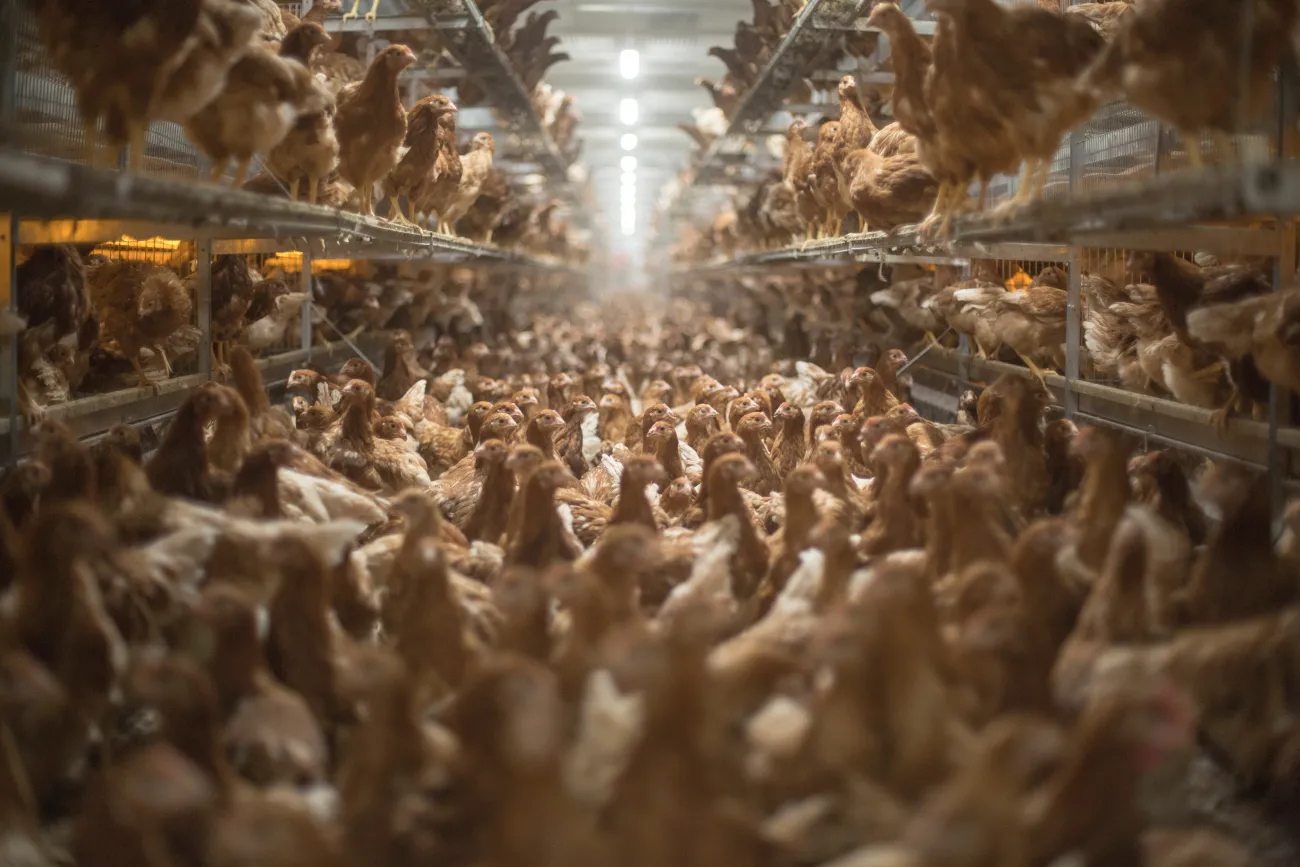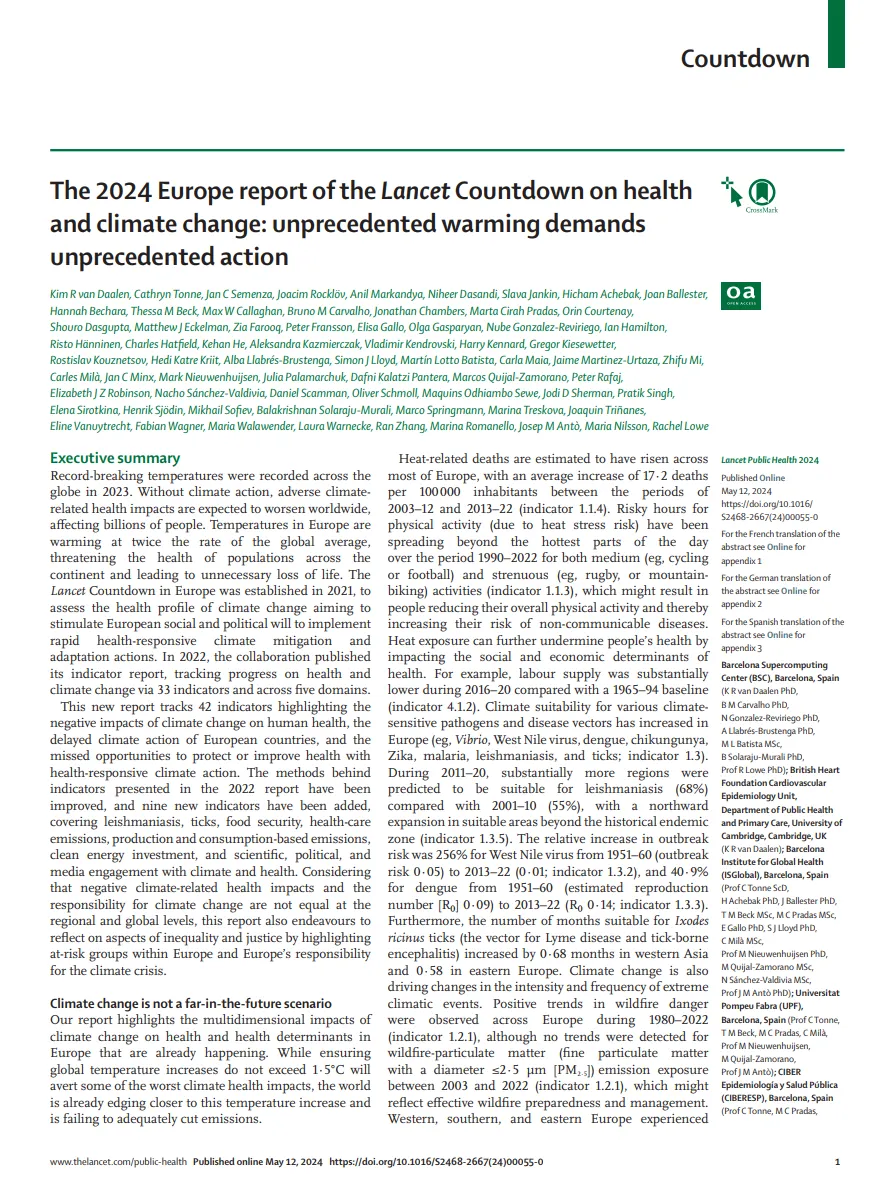This study finds that vegetarians, fish-eaters and people who eat low levels of meat (five or fewer times a week) have a lower risk of all cancers than people who eat regular levels of meat (more than five times a week): 14% lower for vegetarians, 10% lower for fish-eaters, and 2% lower for low meat-eaters. The authors stress that some of the difference may be due to confounding factors such as smoking, alcohol consumption and physical activity. The study is based in the UK and had 472,377 participants.

Abstract
Background
Following a vegetarian diet has become increasingly popular and some evidence suggests that being vegetarian may be associated with a lower risk of cancer overall. However, for specific cancer sites, the evidence is limited. Our aim was to assess the associations of vegetarian and non-vegetarian diets with risks of all cancer, colorectal cancer, postmenopausal breast cancer, and prostate cancer and to explore the role of potential mediators between these associations.
Methods
We conducted a prospective analysis of 472,377 UK Biobank participants who were free from cancer at recruitment. Participants were categorised into regular meat-eaters (n = 247,571), low meat-eaters (n = 205,385), fish-eaters (n = 10,696), and vegetarians (n = 8685) based on dietary questions completed at recruitment. Multivariable-adjusted Cox regressions were used to estimate hazard ratios (HR) and 95% confidence intervals (CI) for all cancer incidence and separate cancer sites across diet groups.
Results
After an average follow-up of 11.4 years, 54,961 incident cancers were identified, including 5882 colorectal, 7537 postmenopausal breast, and 9501 prostate cancers. Compared with regular meat-eaters, being a low meat-eater, fish-eater, or vegetarian were all associated with a lower risk of all cancer (HR: 0.98, 95% CI: 0.96–1.00; 0.90, 0.84–0.96; 0.86, 0.80–0.93, respectively). Being a low meat-eater was associated with a lower risk of colorectal cancer in comparison to regular meat-eaters (0.91, 0.86–0.96); however, there was heterogeneity in this association by sex (p = 0.007), with an inverse association across diet groups in men, but not in women. Vegetarian postmenopausal women had a lower risk of breast cancer (0.82, 0.68–0.99), which was attenuated and non-significant after adjusting for body mass index (BMI; 0.87, 0.72–1.05); in mediation analyses, BMI was found to possibly mediate the observed association. In men, being a fish-eater or a vegetarian was associated with a lower risk of prostate cancer (0.80, 0.65–0.99 and 0.69, 0.54–0.89, respectively).
Conclusion
The lower risk of colorectal cancer in low meat-eaters is consistent with previous evidence suggesting an adverse impact of meat intake. The lower risk of postmenopausal breast cancer in vegetarian women may be explained by their lower BMI. It is not clear whether the other differences observed for all cancers and for prostate cancer reflect any causal relationships or are due to other factors such as residual confounding or differences in cancer detection.
Reference
Watling, C.Z., Schmidt, J.A., Dunneram, Y., Tong, T.Y., Kelly, R.K., Knuppel, A., Travis, R.C., Key, T.J. and Perez-Cornago, A., 2022. Risk of cancer in regular and low meat-eaters, fish-eaters, and vegetarians: a prospective analysis of UK Biobank participants. BMC medicine, 20(1), pp.1-13.
Read the full paper here. See also the TABLE explainer How are food systems, diets, and health connected?




Comments (0)